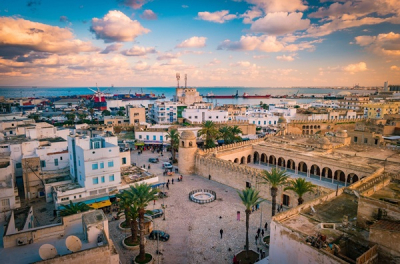Officially launched on Jan 1, 2021, the African Continental Free Trade Area (AfCFTA) holds several business opportunities for African e-commerce. However, to leverage these opportunities, African countries need adequate policies. Assessing the gaps in these policies is a mission recently undertaken by Smart Africa Alliance.
On Dec 17, 2020, the Board of Directors of the African Development Bank (AfDB) Group greenlit a $1.5 million grant to Smart Africa Alliance, a group of 32 African countries, organizations, and international companies that want to create a single digital marketplace in Africa.
The grant, provided by the African Development Fund (the Bank’s concessional window), will be used to assess policy gaps in the digital and e-commerce ecosystems of Côte d’Ivoire, Benin, Ghana, Liberia, Uganda, South Sudan, Zimbabwe, Republic of Congo, São Tomé and Príncipe, and the Democratic Republic of Congo.
Lacina Koné, CEO of Smart Africa, said: “One of the critical challenges preventing the continent from preparing for Africa’s bold new future is the inability to conduct cross-border payments for goods and services due to a lack of solutions and crippling policies. Our partnership with the African Development Bank is crucial in creating an enabling environment to advance e-payments, and the digital economy is essential for Africa’s renaissance.”
Smart Africa Alliance will, as part of its assessment mission, consult with public and private sector stakeholders to develop an e-learning program that will directly benefit 600 stakeholders, including government officials, small and medium enterprises, private sector mobile network operators, and indirectly benefit another 2,500.
The African Continental Free Trade Area (AfCFTA) officially began operations on Jan 1, 2021. Regrouping all 55 African Union member states, this 1.2 billion people market has a gross domestic product (GDP) of $2.5 trillion. According to the UN’s Economic Commission for Africa, it is an asset that can foster the boom of e-commerce in Africa. However, for this to happen, every country must have a legal e-commerce framework that favors international trade.
“This project is both timely and vital. For the continent to create a unified digital market by 2030, efforts should focus on harmonizing and building a cohesive policy environment for intra-continental trade,” said Nicholas Williams, Division Manager for ICT Operations, AfDB.
Muriel Edjo



















